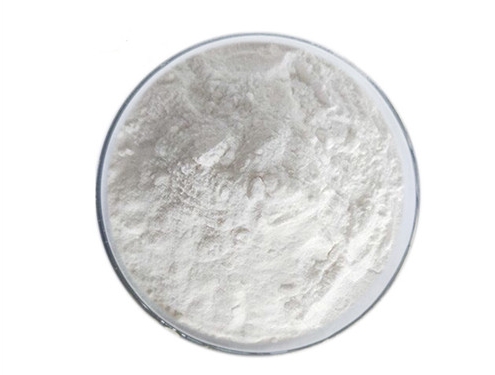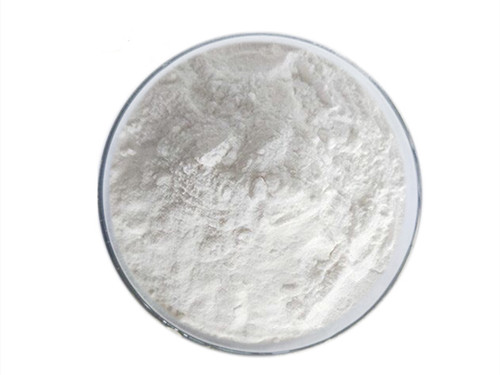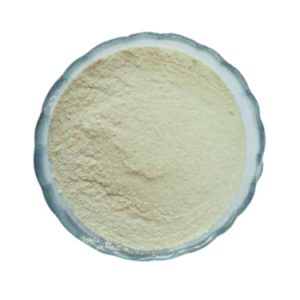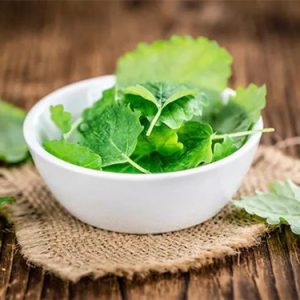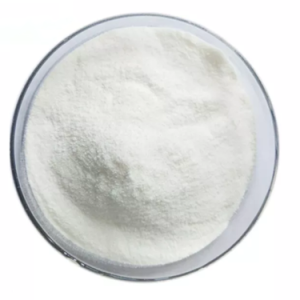Konnyaku Extract Powder
Konjac glucomannan 80%,90%,95%
- Latin names: Amorphophallus konjac
- Appearance: Light yellow to white powder
- Another name: Konnyaku jelly, Devil’s tongue /Elephant-foot yam
- CAS No.:37220-17-0
Products Specification
Rainbow biotech is a bulk supplier of plant-derived and fungus ingredients that serves cosmetic and drug manufacturers, animal-feeding producers, food&beverage manufacturers. The products we supply on our site are exactly what we can do. Customized specifications and powder(liquid) are available for bulk orders. We are able to deliver high purity minimum order quantity by kilogram.
Konjac, also known as glucomannan, is also referred to as konnyaku in Japan. It’s known for its starchy corm, a tuber-like part of the stem that grows underground. The Konjac tuber contains a rich in glucomannan, which is a soluble dietary fiber used as a gelatin substitute and to thicken or add texture to foods. In the Western world, konjac is best known as a dietary supplement for weight loss and cholesterol management. The high fiber content of konjac has many health benefits. Soluble fiber helps lower cholesterol and blood glucose levels. A diet high in fiber may also help regulate bowel movements, prevent hemorrhoids, and help prevent diverticular disease.
Benefits of konjac glucomannan
- The soluble fiber in konjac helps lower cholesterol and blood glucose levels. A diet high in fiber may also help regulate bowel movements, prevent hemorrhoids, and help prevent diverticular disease.
- Help prevent constipation. The study showed that adding glucomannan to a low-fiber diet increased the amounts of probiotic bacteria in feces. It also increased bowel movement function by 30 percent.
- Keep you losing weight and Konjac also expands in the stomach to help keep you full.
- Konjac also reduced body weight and fasting blood sugar. Researchers concluded that glucomannan could be an adjuvant therapy for people with diabetes and high cholesterol. A later study found that konjac lowered LDL and recommended its use to reduce the risk of cardiovascular disease.
- Dandelion Extract: What It Is, Benefits, Uses and Side Effect - April 23, 2024
- Is Berberine Extract Help For Weight Loss? - April 11, 2024
- Why Is Pysllium Husk Powder A Popular Meal Replacement Ingredient? - April 3, 2024



